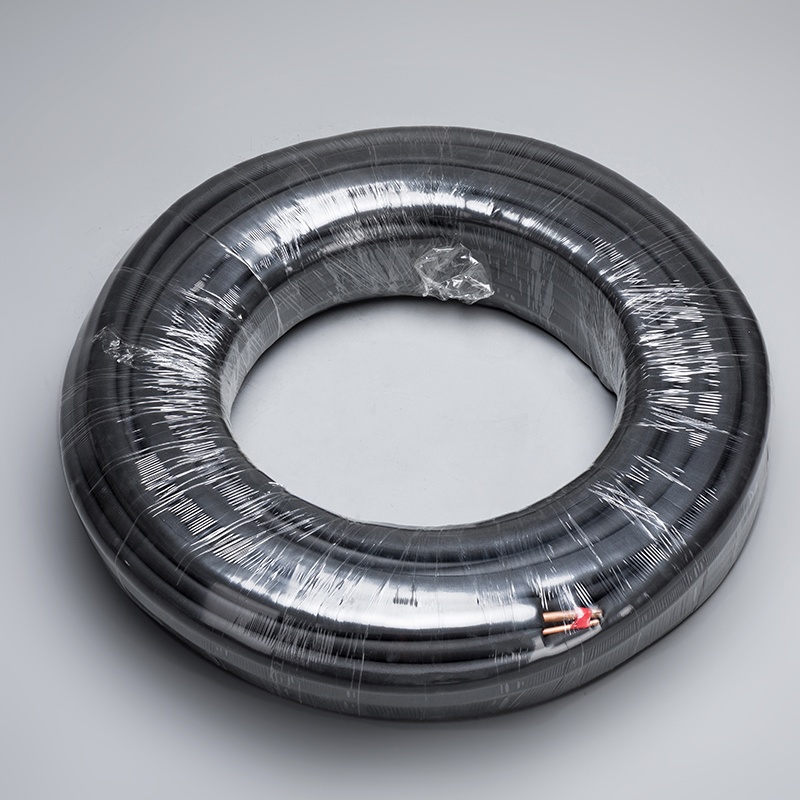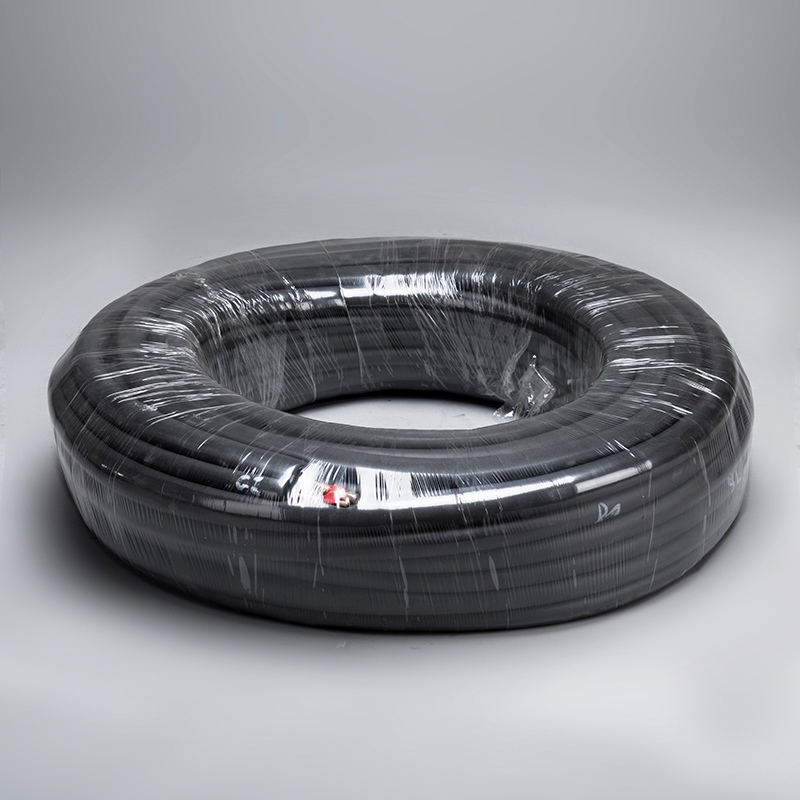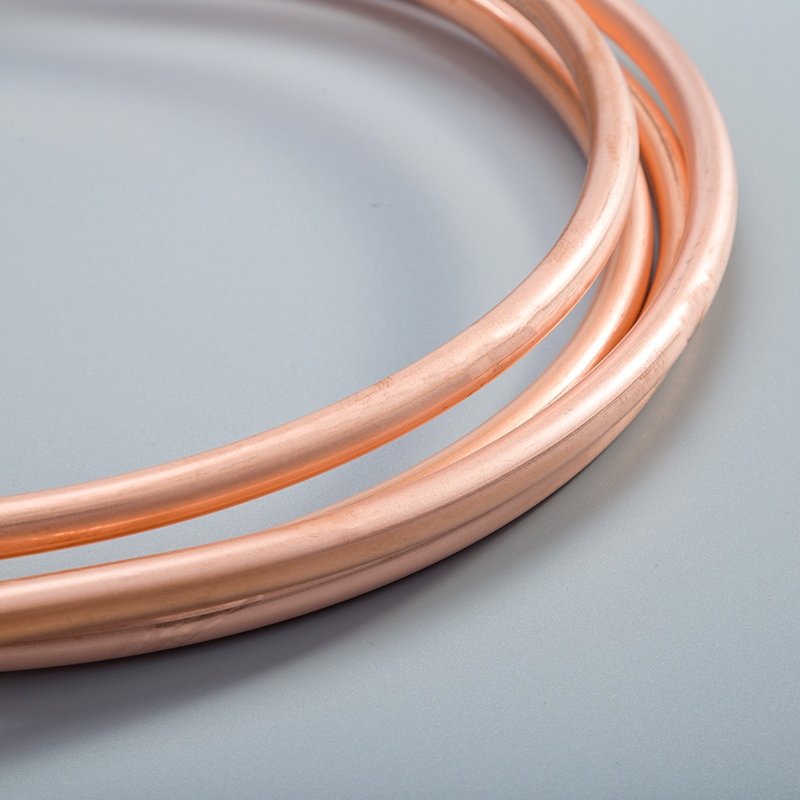Simple Steps: How to Solder a Copper Pipe for Beginners

Certified Plumbing Of Brevard emphasizes the significance of mastering the art of soldering copper pipes. Plumbing solder plays a crucial role in repairing leaky pipes and preventing extensive water damage at home. Understanding how do you solder a copper pipe is essential for tackling common plumbing issues effectively. With the right tools and techniques, beginners can easily learn this valuable skill and enhance their plumbing capabilities. Additionally, knowing how long does copper pipe last and how much is copper pipe worth can provide further insights into maintaining and valuing your plumbing system.
Step-by-Step Guide

When soldering a copper pipe, it is crucial to have the necessary tools and materials ready. These include a propane torch, flux, solder, and safety gear. The propane torch provides the heat needed for soldering, while flux helps in cleaning and preparing the surfaces for a secure bond. Solder, a metal alloy, is used to join the copper pipe components effectively. Safety gear such as goggles and gloves protect against potential hazards.
To ensure a successful soldering process, it is essential to prepare the copper pipe correctly. Start by thoroughly cleaning both the pipe and fittings using appropriate tools. This step removes any dirt or debris that could hinder the soldering process. Applying flux to the cleaned surfaces helps in promoting better adhesion between the components.
Soldering the copper pipe requires precision and care. Begin by heating both the pipe and fittings evenly using the propane torch. Once they reach the correct temperature, apply solder to the joint where they meet. The solder will melt and flow into the connection, creating a strong bond between the pieces. After soldering, inspect the joint to ensure there are no gaps or imperfections that could lead to leaks.
By following these steps diligently, beginners can master how to solder a copper pipe effectively. Regular practice and guidance from experienced individuals can further enhance your skills in plumbing tasks.
Practice and Mastery
When it comes to mastering the art of soldering copper pipes, regular practice is key. By consistently honing your skills through hands-on experience, you can improve your technique and efficiency in handling plumbing tasks. Each session of practice offers an opportunity to enhance your precision and speed in soldering, leading to more reliable results.
Seeking guidance from experienced individuals can significantly accelerate your learning process. Learning from those who have mastered the craft can provide valuable insights, tips, and tricks that are not always found in instructional guides. Experienced individuals can offer practical advice based on real-world scenarios, helping you navigate common challenges effectively.
Remember that every mistake made during practice is a learning opportunity. Analyze errors to understand their root causes and implement corrective measures in subsequent attempts. Embrace each practice session as a chance to refine your soldering skills and build confidence in working with copper pipes.
Through consistent practice and guidance from seasoned professionals, beginners can progress from novices to proficient solderers. The journey to mastery requires dedication, patience, and a willingness to learn from both successes and failures.
Tips and Safety

Safety Measures
Wear heat-resistant gloves
To ensure safety during the soldering process, heat-resistant gloves are essential. These gloves protect your hands from the intense heat generated by the propane torch, reducing the risk of burns or injuries. By wearing these gloves, beginners can focus on their soldering technique without worrying about potential accidents.
Use eye protection
Protecting your eyes is crucial when soldering copper pipes. Eye protection shields your eyes from sparks, hot metal particles, and harmful fumes that may be produced during the soldering process. Safety goggles provide a barrier against these hazards, ensuring that your eyes remain safe and free from any damage.
Common Mistakes to Avoid
Overheating the pipe
One common mistake beginners make when soldering copper pipes is overheating the pipe. Excessive heat can damage the pipe or fittings, leading to leaks or weak joints. It is important to apply heat evenly and consistently to prevent overheating. By controlling the temperature with precision, you can achieve a successful solder joint without compromising the integrity of the materials.
Insufficient cleaning
Another mistake to avoid is insufficient cleaning of the copper pipe and fittings before soldering. Failure to clean these surfaces properly can result in a weak bond between components, causing leaks over time. Thoroughly removing any dirt, debris, or oxidation ensures that the flux and solder adhere effectively to create a strong connection. Prioritize cleaning as a crucial step in preparing for successful soldering.
Incorporating these safety measures and avoiding common mistakes will help beginners enhance their skills in how do you solder a copper pipe, ensuring efficient plumbing repairs and maintenance.
Recapping the soldering process ensures a solid understanding of the technique. Emphasizing practice and safety is crucial for skill enhancement. Encouraging continuous learning and improvement leads to mastery in plumbing tasks. Strive for precision, prioritize safety, and embrace challenges to excel in soldering copper pipes. Remember, practice makes perfect, and each attempt brings you closer to expertise. Stay dedicated, stay safe, and keep exploring the world of plumbing with confidence!
See Also
Simple Techniques for Soldering 1 1/2 Copper Pipes
Quick Guide to Soldering Copper Pipes Safely
Become Skilled in Home Copper Pipe Soldering


